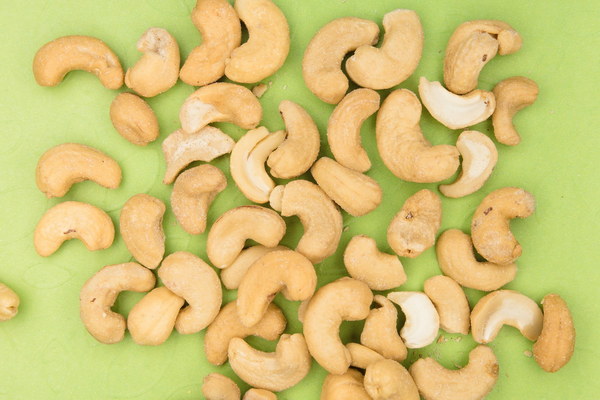The Hidden Dangers of Lung Cleansing Unveiling the Side Effects
Lung cleansing has gained significant popularity in recent years as more individuals seek natural remedies to improve their respiratory health. While many tout its benefits, it is crucial to be aware of the potential side effects that may accompany this practice. This article delves into the hidden dangers of lung cleansing, highlighting the various side effects that can arise.
1. Irritation and inflammation
One of the primary goals of lung cleansing is to eliminate mucus and impurities from the lungs. However, this process can sometimes lead to irritation and inflammation. When the body attempts to expel toxins, it may trigger an immune response, resulting in inflammation of the airways. This can cause symptoms such as coughing, wheezing, and shortness of breath.
2. Allergic reactions
Some individuals may experience allergic reactions to the herbs or supplements used in lung cleansing. Common allergens include eucalyptus oil, menthol, and peppermint oil. Symptoms of an allergic reaction may include hives, itching, swelling, and difficulty breathing.
3. Overdosing
Lung cleansing supplements and herbs can be potent, and it is easy to overdo it. Taking excessive amounts of these substances can lead to a range of adverse effects, such as gastrointestinal issues, dizziness, and even liver damage. It is essential to follow the recommended dosage and consult with a healthcare professional before starting any lung cleansing regimen.
4. Interference with medication
Lung cleansing herbs and supplements may interact with certain medications, reducing their effectiveness or causing adverse effects. For example, ephedra, a once-popular lung cleanser, was banned due to its potential interaction with blood thinners and other medications. It is crucial to inform your healthcare provider about any lung cleansing practices you are undertaking to avoid potential drug interactions.
5. Impaired lung function
While lung cleansing aims to improve respiratory health, some individuals may experience a temporary decrease in lung function during the process. This can be due to the inflammation and irritation mentioned earlier. In rare cases, lung cleansing may exacerbate existing respiratory conditions, leading to more severe symptoms.
6. Risk of infection
Lung cleansing can disrupt the natural balance of the respiratory system, making it more susceptible to infections. When the body attempts to clear out mucus and toxins, it may inadvertently remove beneficial bacteria and immune cells that protect against pathogens. This can leave the lungs vulnerable to infections, such as pneumonia or bronchitis.
7. Psychological effects
In some cases, lung cleansing may have psychological effects, such as anxiety, depression, and mood swings. This could be due to the stress of undergoing a cleanse or the temporary changes in lung function. It is important to monitor your mental health during this process and seek support if necessary.
To minimize the risk of side effects, it is advisable to take the following precautions:

- Consult with a healthcare professional before starting any lung cleansing regimen.
- Stick to recommended dosages and avoid overusing herbs and supplements.
- Monitor for any adverse reactions and discontinue use if symptoms worsen.
- Maintain a healthy lifestyle, including proper nutrition, exercise, and adequate hydration.
- Practice relaxation techniques to manage stress and anxiety.
In conclusion, lung cleansing can be a beneficial practice for improving respiratory health. However, it is essential to be aware of the potential side effects and take necessary precautions to minimize risks. By doing so, individuals can enjoy the benefits of lung cleansing while ensuring their overall well-being.









